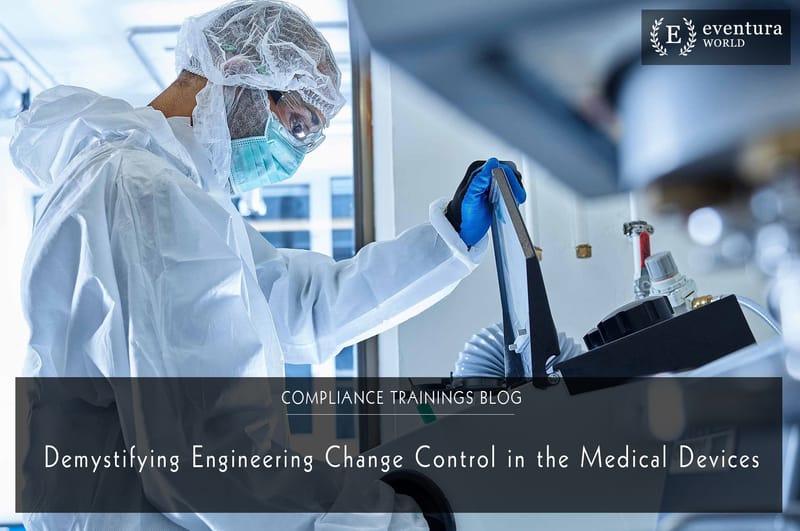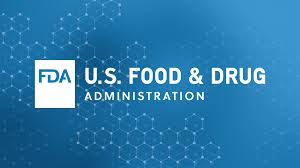Blogs #FDA
Quality Assurance (QA) vs. Quality Control (QC): Understanding their 9 Crucial Contrasts in Pharmaceuticals and Medical Devices
Quality in regulated industries refers to the degree to which a product or process meets predefined standards and regulatory requirements.
Demystifying Engineering Change Control in the Medical Devices
Engineering change control is a subset of change control that specifically focuses on changes related to product design, development, and manufacturing processes. It is a structured approach to managing changes in engineering documentation, product specifications, drawings, and other technical aspects.
Why has FDA inspected facilities that perform LASIK procedures?
Inspection of ambulatory surgical facilities that perform LASIK procedures is one of the options available to FDA to ensure that physicians and patients have current and accurate information to help them with their decisions about LASIK. These inspections allow FDA to identify reporting problems and provide opportunities to further educate user facilities about MDR reporting obligations.
What are Medical Device Recalls?
A recall means that the FDA and/or a manufacturer is aware of a problem with a device that could affect patient safety and health. Most manufacturers voluntarily recall medical devices that are found to have created health risks, but the FDA has the right under law to issue the recall if the company does not do so, or refuses to do so, which is rare. The recall may be related to a correction on a device or total removal of the device from the market.
What is the difference between NDA & ANDA?
The New Drug Application (NDA) is the vehicle through which drug sponsors formally propose that the FDA approve a new pharmaceutical for sale and marketing in the U.S. In other words, when the sponsor of a new drug believes that enough evidence on the drug’s safety and effectiveness has been obtained to meet the FDA’s requirements for marketing approval
What is the difference between 510K and PMA?
The purpose of a 510k submission is to provide the FDA with documented evidence which proves that your device is equivalent to a preceding device that has already been approved for marketing. The FDA processes 510k submissions in 30-90 days and if your application is accepted, your submission will be posted to the FDA 510(k) database. A Premarket Approval (PMA) is more in-depth than a 510k - it is used to prove that a new device is safe and effective for the end user and typically requires clinical trials with human participants along with laboratory testing. Under Section 515 of the act, all devices placed into Class III are subject to premarket approval requirements.
Can a physician use an unapproved device in an emergency?
In general, an unapproved medical device may be used only on human subjects when the device is under clinical investigation and when used by investigators participating in a clinical trial
What is a premarket approval (PMA) application?
A premarket approval (PMA) application is the most stringent type of device marketing application for medical devices.
How does FDA classify medical devices?
In accordance with the Federal Food, Drug, and Cosmetic Act, FDA places all medical devices into one of three regulatory classes based on the level of control necessary to ensure safety and effectiveness of the device
Definition of Day zero or consideration of Day Zero in cases where the Company uses third party call center to perform intake of complaints from the open channel for a toll free number, fax, Web email
Definition of Day zero or consideration of Day Zero in cases where the Company uses third party call center to perform intake of complaints from the open channel for a toll free number, fax, Web email
Some regulatory inspectors interpret response as an action finding and not a simple acknowledgement of receipt. Are we seeing a trend in one direction?
Webinar - Complaint Handling - Best Practices Some regulatory inspectors interpret response as an action finding and not a simple acknowledgement of receipt. Are we seeing a trend in one direction?


